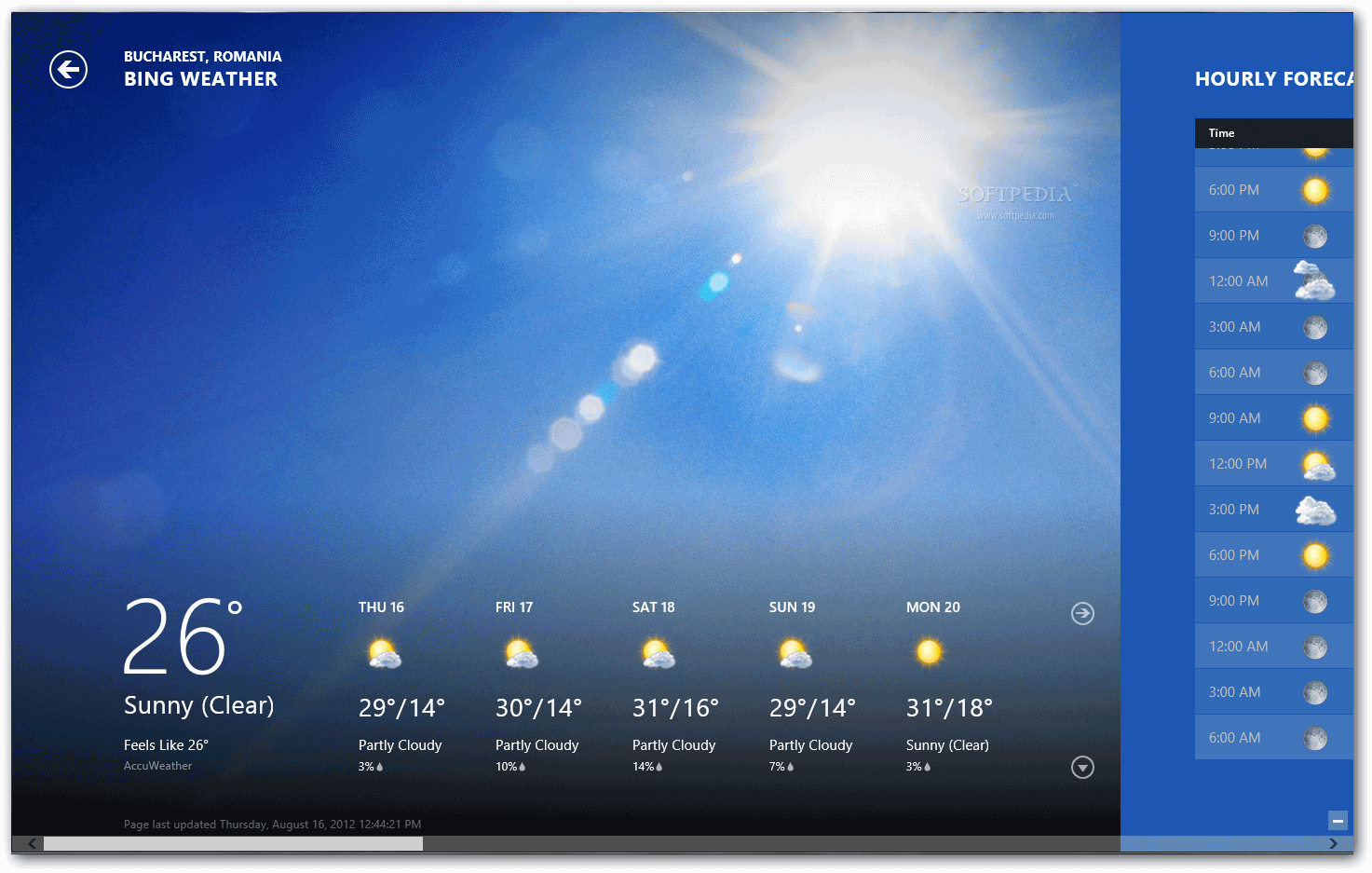Oracle 9i For Windows 8 64 Bit
Released a developer edition of the Oracle9i Database for Intel Itanium processors on Monday that supports several platforms including Windows XP Professional 64-bit Edition. Oct 17, 2017 - You want to migrate Oracle 9i to a Windows 64-bit O/S environment, learn. Company is planing to upgrade from winxp to window 8.1 pro 64bit.
Tom: I wanna know: 1. What do you mean by 32 bit Oracle and 64 bit Oracle?
Because in so many Oracle documentation I found '32 bit Oracle 7.x' '64 bit Oracle 7.x' '32 bit Oracle 8.x' '64 bit Oracle 8.x' also sometime in migration related documentaion I found people are talking about 32 bit and 64 bit Oracle. What I thought there is only one Oracle, I don't understand what is the difference between 32 bit and 64 bit oracle. How this bit concept is related to Oracle? May be you can through some light on this issue. Is there any known issue while migration from 8.0.x(8) to 8.1.x (8i).
If yes, can you please let me know? Thanks San and we said. Hello, We were doing some benchmark experiments and found some interesting case with 32 BIT & 64 BIT Oracle Versions. We create 2 oracle instances (one 32 bit & one 64 bit)on test box. Free download chicken invaders 6 full version game for pc. We developed one script to generate test data. Script was written to generate fixed size data. Which means after generating X MB data, execution was terminated.
On 64 Bit Oracle we found that no. Of rows generated were higher (approx. Klyuch dlya drevo zhizni. 25%) as that of 32 Bit Oracle with same size of data. Which means say for X MB Size, 32 bit ORACLE generated Y rows whereas 64 bit ORACLE generated 1.2Y rows. Can you throw some light on this? I wanted to know if Oracle 9i release 2 (32 bit) supported on 64 bit Sun 5.8 (solaris 8). Found following information on Metalink.

All Server and O/S versions without 64-bit notations indicate 32-bit versions. The 64-bit O/S is capable of running programs that were compiled on a 32-bit O/S and 64-bit O/S. The 32-bit O/S runs only programs that were compiled on a 32-bit O/S. This is called Binary Compatible. A 32-bit application will work on both a 32-bit and 64-bit O/S, whereas a 64-bit application will only work on a 64-bit O/S. Note, however, that re-linking must occur on the O/S version that the application was compiled, as this affects patch sets.
Question -------- What is the meaning of 'Note, however, that re-linking must occur on the O/S version that the application was compiled, as this affects patch sets.' Does it simply mean executing $ORACLE_HOME/bin/relink? What does relink do and how is it related to 32/64 bit problem? How and when should relink happen? (in this context?).
Followup September 07, 2004 - 7:25 am UTC when you install, a 'link' happens. So, if you 'install', it'll link. If on the other hand, you had 32bit on there, upgraded the os from a 32 bit version to a 64 bit version and did not reinstall - you would want to relink. Please contact support (via an itar) for installation and configuration details. I myself do not work on every OS, with every nuance. They would be the best place for a nitty gritty install detail like this (or even to explain what their note means in detail!). Followup January 26, 2005 - 10:21 am UTC or maybe slower throughput because all pointers take twice as much space and moving the bits around takes longer.
We are having to process MORE bits to do the same work:) 64bits gives you more addressability, the potential for a larger SGA, being able to use more of your RAM. Your choice of 32 or 64bits is driven more by the hardware and OS you are choosing than anything else -- let those choices drive your decision.